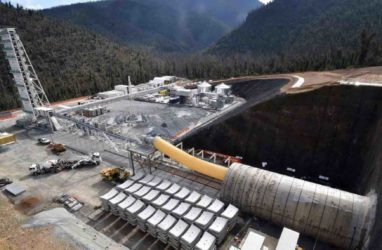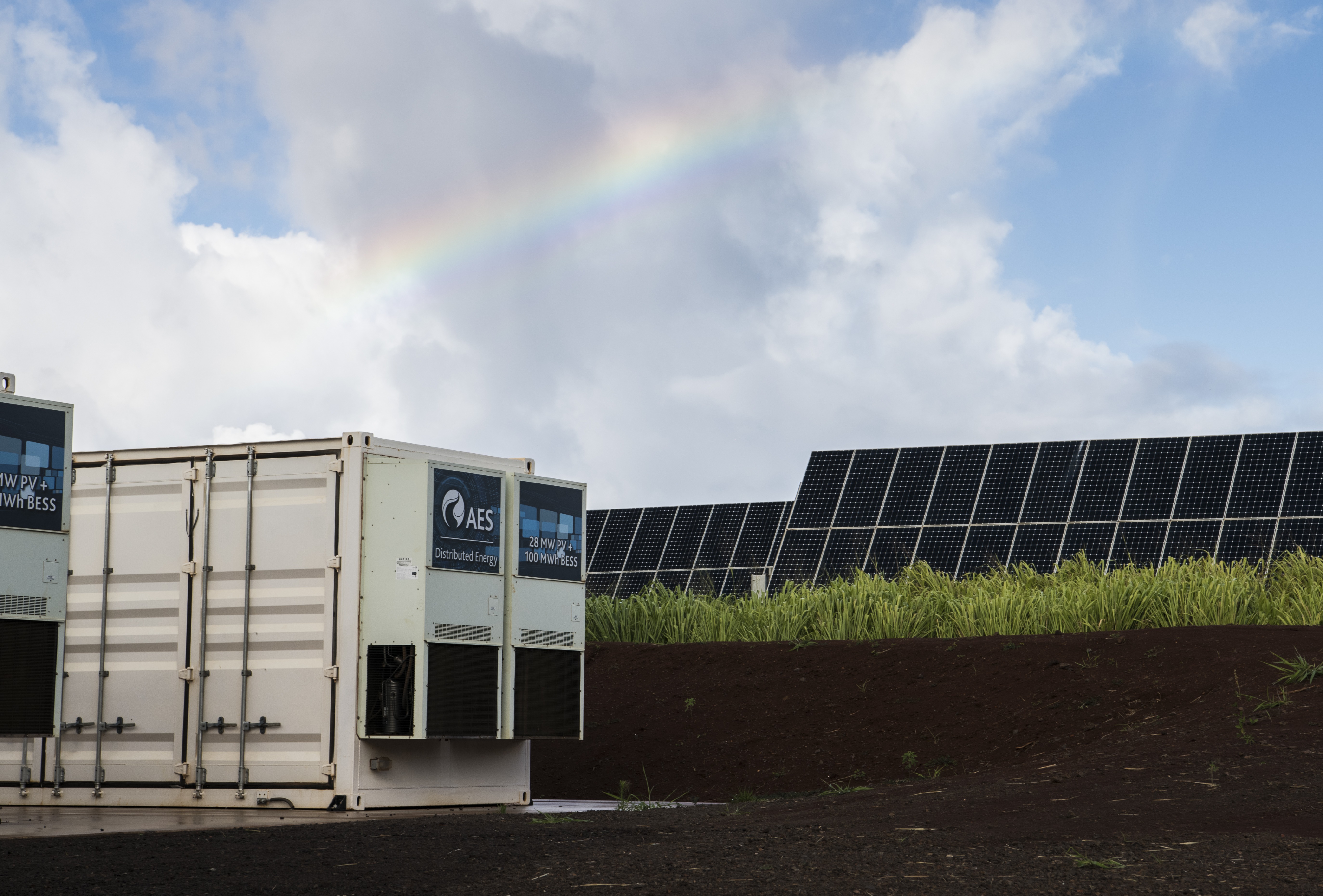The Trump administration's decision to open 13.1 million acres of federal land for coal leasing underscores a significant pivot in energy policy, prioritizing fossil fuel development amid growing concerns over climate change and renewable energy adoption. This expansion aims to bolster coal production and enhance power generation capabilities, with the Energy Department allocating hundreds of millions of dollars for upgrades to existing coal plants. However, this initiative raises critical questions about its long-term implications for energy costs, public health, and environmental sustainability, as critics warn that increased reliance on coal could lead to higher power bills and detrimental health effects for communities near coal operations.
The administration's strategy reflects a broader commitment to revitalize the coal industry, but it also highlights the tension between economic interests and environmental stewardship. By funding coal plant upgrades, the government seeks to improve efficiency and reduce emissions; however, the potential for increased coal leasing could counteract these benefits. Stakeholders must consider the balance between immediate economic gains and the long-term viability of energy systems, as well as the pressing need for a transition to cleaner energy sources. The implications of this policy shift will resonate across the energy sector, influencing market dynamics and regulatory frameworks in the years to come.





